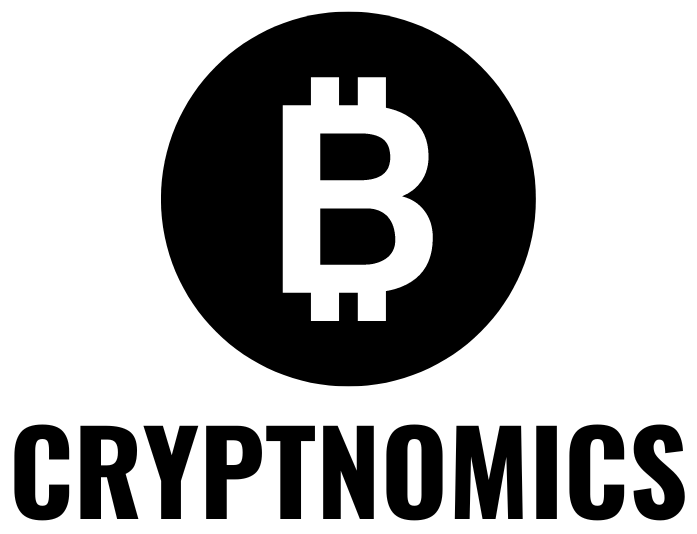Binance CEO CZ criticized the banking system for repeated bank failures in the wake of the Credit Suisse merger and the recent collapse of Silicon Valley Bank. The emergency merger between Credit Suisse and UBS Group are set to wipe out the Credit Suisse’s risky additional tier 1 bonds (AT1bonds) worth a total of $17.3 billion. Although the banking crisis wiped out massive value for investors in the stock market in last few weeks, the crypto market took a bullish turn.
Also Read: FDIC Delays SVB Bidding As Banking Crisis Continues, Bitcoin Price To $30K?
CZ Questions Free Market Credentials
The Binance CEO raised doubts on how the ‘free market’ spirit requires new banks to operate in the same environment that is causing the failures. More importantly, CZ pointed that these bank failures prove to be costlier with new collapses. It may be recalled that crypto exchange Binance was subjected to difficulties earlier as hardly any US bank came forward to partner with it for the US Dollar support. He said in a latest tweet,
“Every decade or so, the same banks fail. We keep them alive, then repeat. More costly each time. Meanwhile, it is incredibly difficult for new banks (to be approved) to enter the market to compete. New banks are also required to operate in exactly the same way as the old failing ones. Free market?”
Also Read: Bear Market Officially Over? Bitcoin Futures Open Interest Hits New Yearly High
JP Morgan Says Wider Market Effects Ahead
In a latest, JP Morgan said the Switzerland financial regulator Finma’s approval for writing down Credit Suisse AT1bonds could lead to widespread ripple effects. This could result in a contagion for wholesale funding costs across the sector, it said. Meanwhile, the Bitcoin price reached a new nine month high of $28,000 ahead of the crucial US Federal Reserve’s Federal Open Market Committee (FOMC) meeting.
The presented content may include the personal opinion of the author and is subject to market condition. Do your market research before investing in cryptocurrencies. The author or the publication does not hold any responsibility for your personal financial loss.




